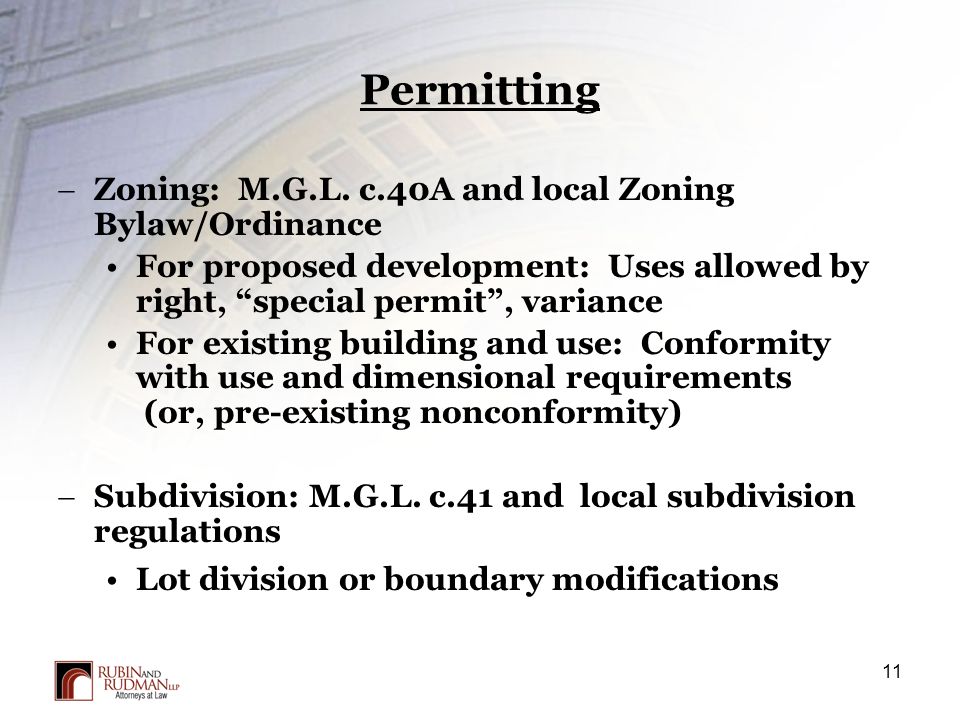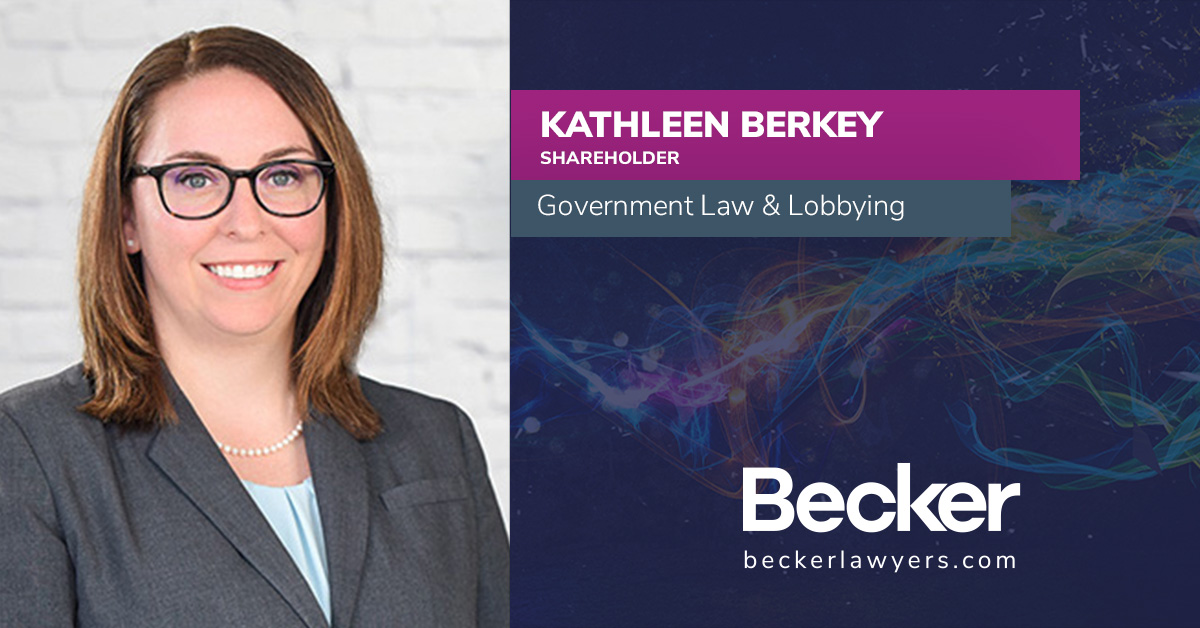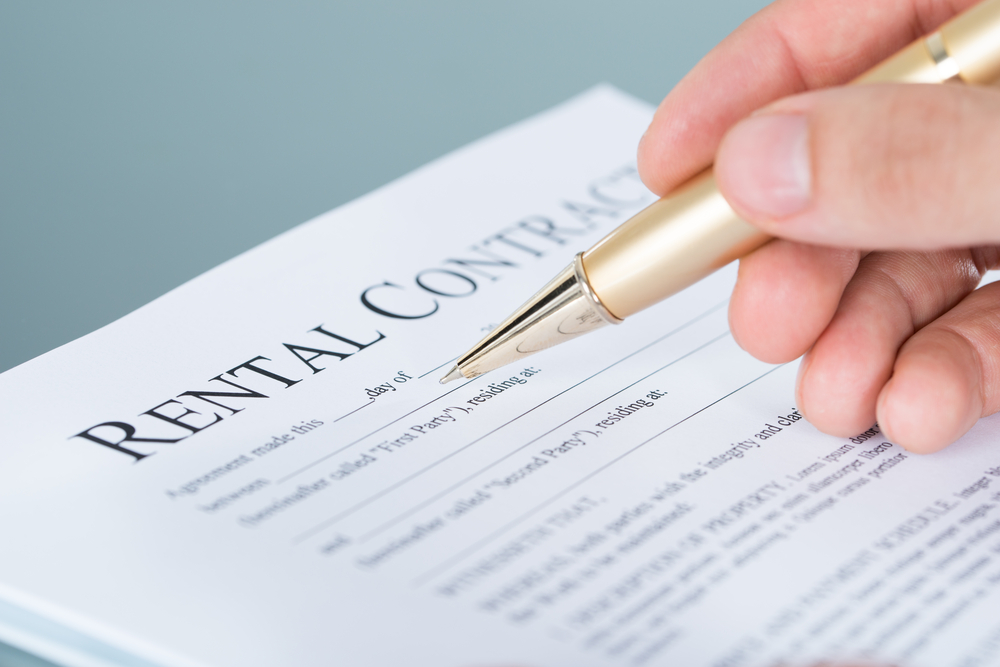
Closing Contingencies for Zoning and Land Use Approvals Need Adequate Time
Purchasers and tenants who need zoning and other land use changes prior to closing or rent commencement need to provide for adequate time in purchase agreements and leases. This requires investigation and preparation prior to finalizing the contract or lease. In most cases, buyers and tenants should begin investigating what approvals will be necessary and the amount of time required to obtain the approvals even prior to entering into a letter of intent. Quite often, the approval contingency paragraph is the most negotiated provision of a purchase agreement. And, because in a lease, while the commencement date may have occurred, tenants will not want rent to commence absent all approvals. No tenant will want to expend money for tenant improvements and no landlord will provide a tenant improvement allowance until certain that tenant will be accepting the space. Because of these factors, knowledge of timing of approvals is especially important.
Buyers and tenants should engage land use and zoning consultants and attorneys early in the process to advise on these issues. The appropriate time periods for approvals should then be drafted into letters of intent and then the purchase agreements and leases. Buyers and tenants should add time for delays in the process as meetings will be postponed, submittal deadlines will be missed and plans will changed.
The pushback to shorten the approval period is always great. If the approval period, whether in a purchase agreement or lease is cutting it close, buyers and tenants need to provide for extension periods. Extensions often come at a cost. An extension fee is generally non-refundable but can usually be applied to the purchase price (or perhaps tenant improvement credit). If the approval period (with extensions) is not long enough, contracts and leases will terminate and deposits and other due diligence expenses, including cost of design and plans will be lost.
Clearly it is better, as a buyer or tenant, to be conservative and estimate a longer time period than is necessary to obtain the approvals. Sellers and landlords are always happy when you can close early. But in the all too often event when delays occur and you can’t finish when estimated, even with extensions, can you expect cooperation from your seller or landlord? Generally speaking, if the buyer/tenant has been diligent in pursuing the approvals and has been open and up front with the seller/landlord throughout, most sellers or landlords will cooperate. But, if the process has been secretive and buyer/tenant has not communicated and surprises the seller/landlord at the end, a new extension is likely to be very expensive.
It is very difficult to guess right on approval provisions. Buyers and tenants who develop their property deal with many moving parts and change is inevitable. Up front due diligence is essential to getting as much time in a contract or lease as possible. And, equally as important, cooperation and communication with the seller/landlord in case delays happen.




No Comments
Sorry, the comment form is closed at this time.